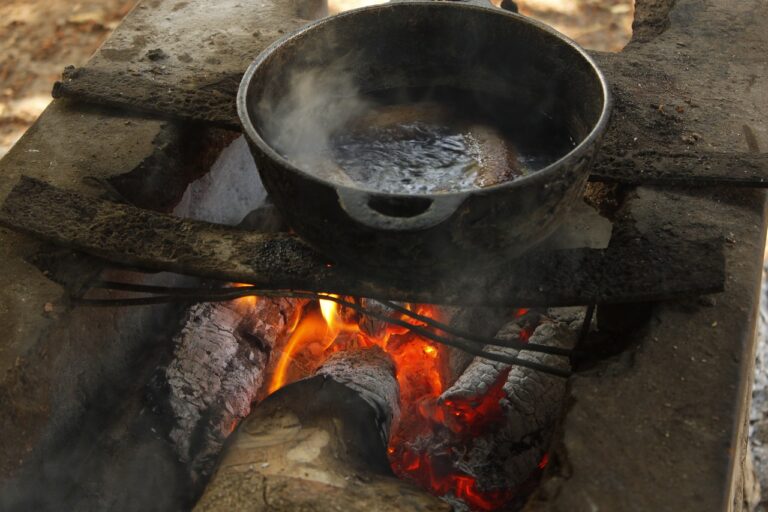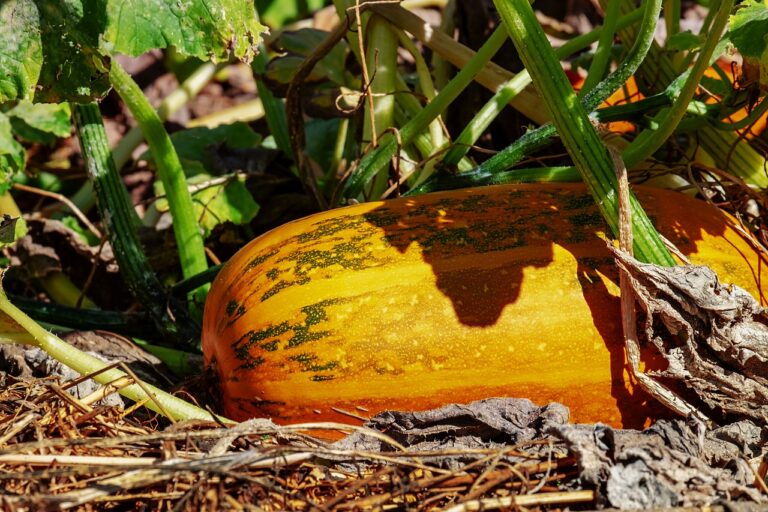The Role of Food in Cultural Diplomacy: Using Cuisine as a Tool for International Understanding
Food has long played a crucial role in bringing people together across different cultures and societies. Throughout history, sharing meals has served as a means of fostering connections and understanding among communities that may have otherwise remained estranged. The act of breaking bread together transcends language barriers, serving as a universal gesture of hospitality and goodwill that can forge lasting bonds between individuals and nations.
Cuisine reflects the unique identity and heritage of a culture, making it a powerful tool for cultural exchange and diplomacy. By inviting others to partake in their traditional dishes, individuals not only share flavours but also narratives of their homeland, customs, and values. This exchange of culinary knowledge creates opportunities for mutual appreciation and respect, laying the groundwork for stronger relationships and a more united global community.
Culinary Diplomacy: A Global Perspective
In a world where borders are constantly shifting and political tensions run high, the role of food in fostering international relations has never been more crucial. Culinary diplomacy transcends language barriers, cultural differences, and political disagreements by appealing to our shared human experience of eating and enjoying delicious meals. It can serve as a powerful tool to promote understanding, create common ground, and establish connections between nations that may have strained or complicated relationships.
Food has the remarkable ability to evoke emotions, memories, and feelings of comfort and joy, making it an ideal medium for building bridges between diverse communities and countries. Through the simple act of sharing a meal, individuals from varying backgrounds can come together to learn about each other’s traditions, values, and ways of life, fostering mutual respect and appreciation. Culinary diplomacy goes beyond mere sustenance; it embodies a shared celebration of culture, heritage, and the art of cooking, serving as a catalyst for meaningful dialogue and cooperation on a global scale.
Exploring the Influence of Food on International Relations
Food has played a profound role in shaping international relations throughout history. The sharing of meals has long been used as a means of forging connections and fostering alliances between nations. In many cultures, the act of breaking bread together is seen as a symbol of trust and goodwill, laying the foundation for diplomatic relations to flourish.
Moreover, the culinary traditions of a country often serve as a gateway to its culture and identity, offering a unique insight into its history and values. By sharing their traditional dishes with foreign diplomats and dignitaries, countries can showcase their rich heritage and establish common ground with their counterparts from around the world. Food has the power to transcend language barriers and cultural differences, serving as a universal language that promotes understanding and collaboration on the global stage.
How has food historically played a role in building cultural bridges between nations?
Food has long been used as a means to connect people from different cultures, showcasing traditions and creating common ground for communication and understanding.
What is culinary diplomacy and how does it impact international relations?
Culinary diplomacy refers to the use of food as a tool to foster international relationships and promote cultural exchange. It can help break down barriers and build connections between nations.
Can food truly influence international relations on a global scale?
Yes, food has the power to bring people together, showcase cultural diversity, and promote understanding and respect among nations. It can play a significant role in shaping international relations.







